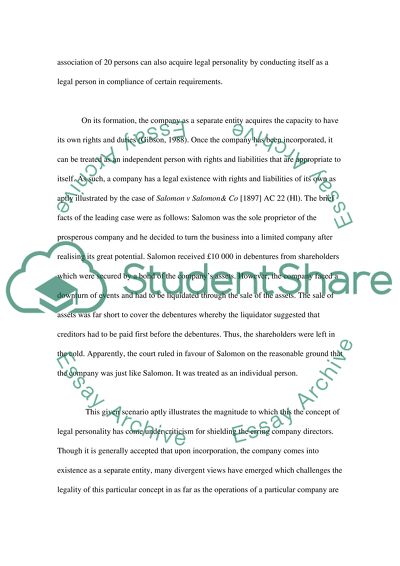Cite this document
(“Law for Managers- Lifting the Corporate Veil Essay”, n.d.)
Retrieved de https://studentshare.org/law/1391735-law-for-managers-lifting-the-corporate-veil
Retrieved de https://studentshare.org/law/1391735-law-for-managers-lifting-the-corporate-veil
(Law for Managers- Lifting the Corporate Veil Essay)
https://studentshare.org/law/1391735-law-for-managers-lifting-the-corporate-veil.
https://studentshare.org/law/1391735-law-for-managers-lifting-the-corporate-veil.
“Law for Managers- Lifting the Corporate Veil Essay”, n.d. https://studentshare.org/law/1391735-law-for-managers-lifting-the-corporate-veil.


